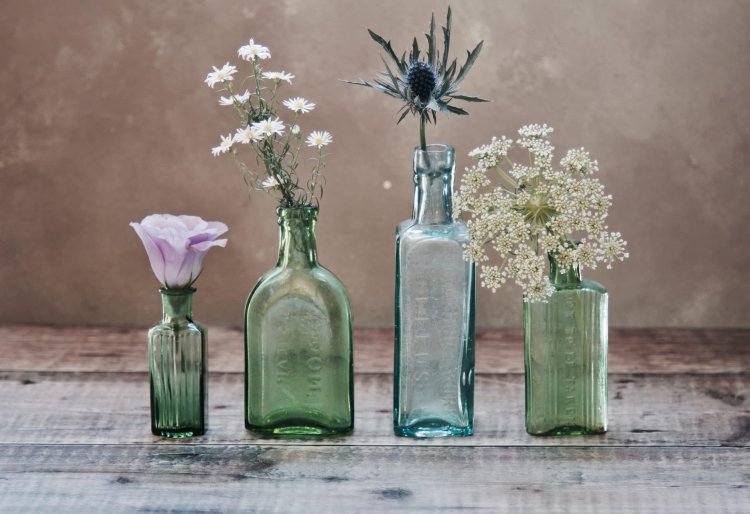8 Items You Should Never Clean With Baking Soda

Baking soda is a household wonder worker thanks to its abrasive characteristics and ability to readily break down grime and grease molecules. However, even the all-powerful baking soda has its limits, and you should avoid using it to clean the following eight products and surfaces because it may harm them.
1 Marble surfaces
Even though baking soda has relatively mild abrasive characteristics, it will ultimately destroy the top layers of marble that serve as stone protection. Scratches will appear on any marble or quartz surface over time.
2 Wooden furniture and floor
Sealants are applied to wooden surfaces to keep them firm and durable, and baking soda, like marble, will ultimately wear off the sealant. However, to avoid substantial and obvious damage, wood requires a sealer, which is why baking soda's abrasive nature is too much for this natural substance.
3 Glass
Because glass is delicate and easily scratched, there isn't much to explain why baking soda's abrasiveness is harmful to glass. Although different varieties of glass may require different forms of care and cleaning, traditional cleaning procedures are typically effective for all types.
4 Objects with grooves and cracks
Baking soda forms a precipitate as it dries, which can go into cracks and grooves. You could be tempted to use it since it also functions as a disinfectant, removing harmful germs and other pathogens from crevices. Bacteria may go, but powdery, white baking soda residues will remain. Instead, use a tiny vacuum cleaner that can quickly reach into gaps to clean such things, or a microfiber cloth to easily wipe off dust and dirt.
5 Aluminium utensils
In many circumstances, scrubbing metal surfaces with baking soda is harmless, however caution should be exercised when using aluminum cookware. It may be used for rapid cleaning, but the dishes must be completely washed right after. Otherwise, oxidation will occur, resulting in the browning of the metal.
6 Hair and skin
Natural oils and a pH balance are essential for hair and skin. Baking soda removes moisture and oils while neutralizing their inherent acidity. Hair might become brittle and dry, and skin can become dry and damaged.
7 Antique silverware
Baking soda is excellent for removing stains off silver tableware rapidly. While it is common to clean silverware with baking soda in most circumstances, this is not the case with antique silverware. The last coating of tableware might be damaged by abrasion, especially if it is not composed of pure silver. Baking soda can also damage silver cutlery's ornamental elements.
8 Gilded dishes and cutlery
These dishes are rarely lined with 24-carat gold, but if they are, you must use extreme caution. When actual gold comes into touch with baking soda, it corrodes and scratches readily due to its softness, and the formwork peels away.




























